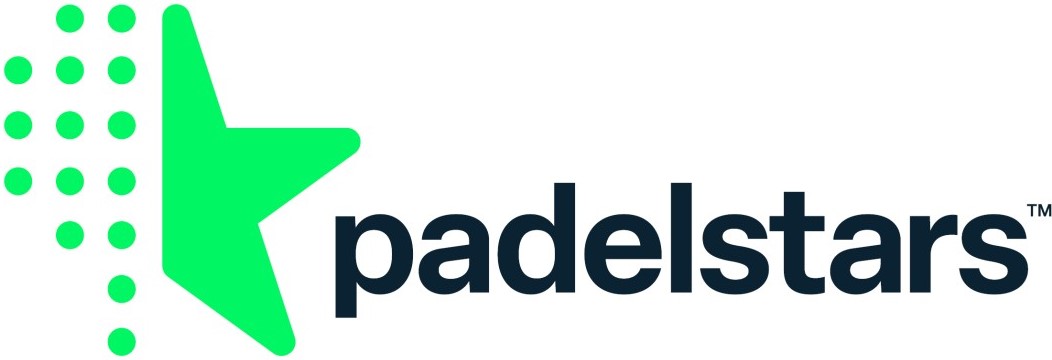6 sustainable tech companies in the Thames Valley to watch

More than ever before, pressure is on businesses to find ways to reduce their carbon footprint and work towards a net zero future. ESG goals have gone from being just a label, or a box-ticking exercise to appeal to new customers, to become a vital business consideration.
Ahead of The Business Magazine’s Thames Valley Tech Awards we have listed six Thames Valley companies that have either developed products and services to support ESG ambitions, or are contributing more generally to a sustainable future. From water filtration to plastic recycling, the companies included here are all solving some of the world's most pressing issues.
Nominate a tech business in The Business Magazine's Thames Valley Tech Awards >>
Reading-based startup measureable.energy provides facilities managers, building owners and occupants real-time energy and greenhouse gas monitoring, as well as automated controls and data driven actions to avoid carbon emissions.
Their platform provides a level of insight and automated control impossible to reach through sub-metering (the installation of additional meters downstream from a main utility meter to monitor and control individual areas of a building).
They aim to reduce wasted energy through the use of specialised power sockets, their previously mentioned software platform and machine learning algorithms to monitor and reduce carbon emissions.
They were also recently noted in the EnviroTech 50 rankings: Four South East companies make EnviroTech top 50
Recycling Technologies is a Swindon-based plastic recycling specialist. They have created modular plastic recycling equipment which can be installed at existing waste management facilities to help divert plastic waste away from landfill, incineration and the environment.
The company’s modules turn plastic waste into base chemicals, monomers and feedstock, providing more recycling options and increasing site capacity. Their aim is to create a circular economy where plastic can be continuously recycled by linking the waste sector and petrochemical industry.
The firm is also working in a partnership with Circulor and TotalEnergies to develop a blockchain-enabled traceability solution for Hard-to-Recycle Plastics (HTRPs), providing a fully traceable and accurately labelled record of recycled materials. The project has received funding from Innovate UK.
Oxford University spinout moa Technology has developed a range of proprietary technology to generate potential candidates for use as herbicides. New compounds break resistance, improving safety and sustainability in farming.
Its three proprietary platforms, GALAXY, TARGET, and SELECT, uniquely utilise miniaturized living plants in combination with cutting-edge techniques in genetics, phenotypic analysis and data analytics to rapidly screen hundreds of thousands of natural and synthetic chemistries to find those that work differently.
In its first two years, the approach has already yielded a significant increase in the discovery rate of these novel interactions between chemistry and plant biology which have the potential to control weeds in safe new ways.
The company recently raised £35 million in their Series B financing round, enabling them to accelerate the development of the most promising compounds in their pipeline: Oxford crop protection startup completes £35m round of funding
Velocys are an Oxford-based sustainable fuels company. They develop something called Fischer-Tropsch technology, which helps with the production of fuels made from a variety of waste materials.
Their fuels can be used in the hard-to-decarbonise aviation and heavy-duty transport sectors and can even be made with negative net greenhouse gas emission using carbon capture and storage. They are also ‘drop-in’, meaning they require zero aircraft modification or change of airport infrastructure.
Velocys are also looking to the future of e-fuels. As well as from solid wastes, their technology also enables the production of sustainable fuels from renewable power and CO2 streams (atmospheric and industry) – thus turning renewable power into liquid transport fuels for use in today’s planes and trucks.
Velocys published a business update in April, setting out their plans for the future: Velocys lays out plans to grow sustainable fuel supply for aviation industry
Oxford’s Seacourt are solving a literal pressing issue, having developed a unique printing press which combines waterless printing technology with instant drying powered by LEDs.
Printing presses have a high demand for water and produce many hazardous pollutants. The print industry’s energy consumption is comparable with that of the iron and steel industries. Traditional printing techniques can consume thousands of litres of water per day and require the use of volatile organic compounds (VOCs) that contaminate the water supply. LightTouch uses special silicone plates to control how the ink is applied, removing the need for water and any associated pollution.
LightTouch combines this waterless method with an instant drying technique powered by LEDs. Some printers have started to use conventional UV lamps to speed up the drying process and improve turnaround times for jobs. Seacourt has replaced these lamps with LEDs, reducing the amount of energy consumed by over 85%.
The firm also print on 100% recycled materials and have sent zero waste to landfill since 2009.
Read more about the importance of sustainability to Seacourt here: How action on sustainability changed fortunes of printing SME Seacourt
Wokingham’s Tepeo has created a Zero Emissions boiler which offers a reduced carbon alternative to the standard oil and gas boilers found in most UK homes. Powered by electricity and capable of storing energy like a battery, the firm claims its boiler retains the full functionality of a traditional appliance.
According to Tepeo, around 20 per cent of all carbon emissions produced in the UK come from heating homes. The Zero Emissions Boiler’s ability to charge on solar energy further contributes to its ability to reduce carbon emissions.
Read more - Innovating cyber security companies to watch in the Thames Valley













